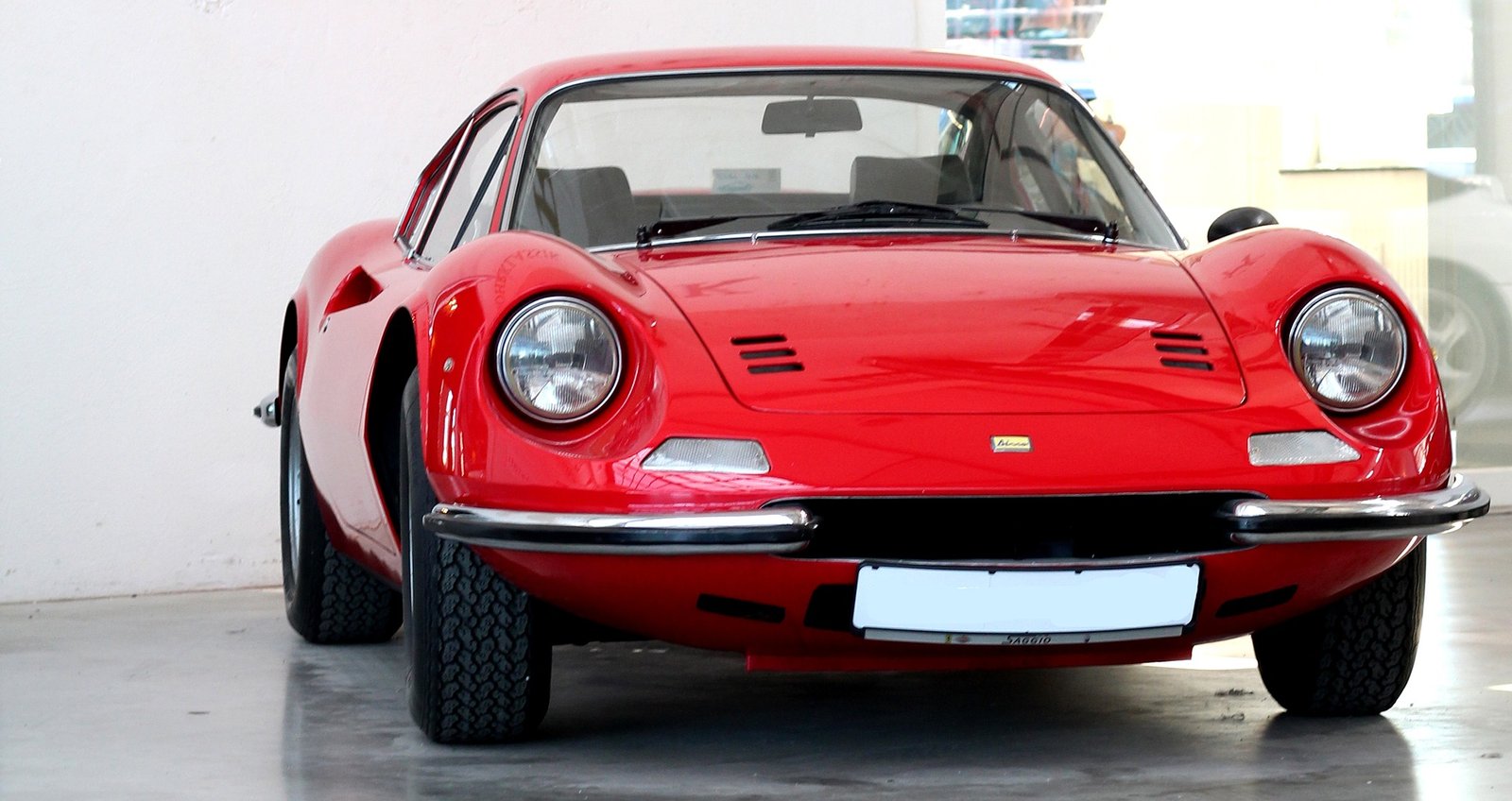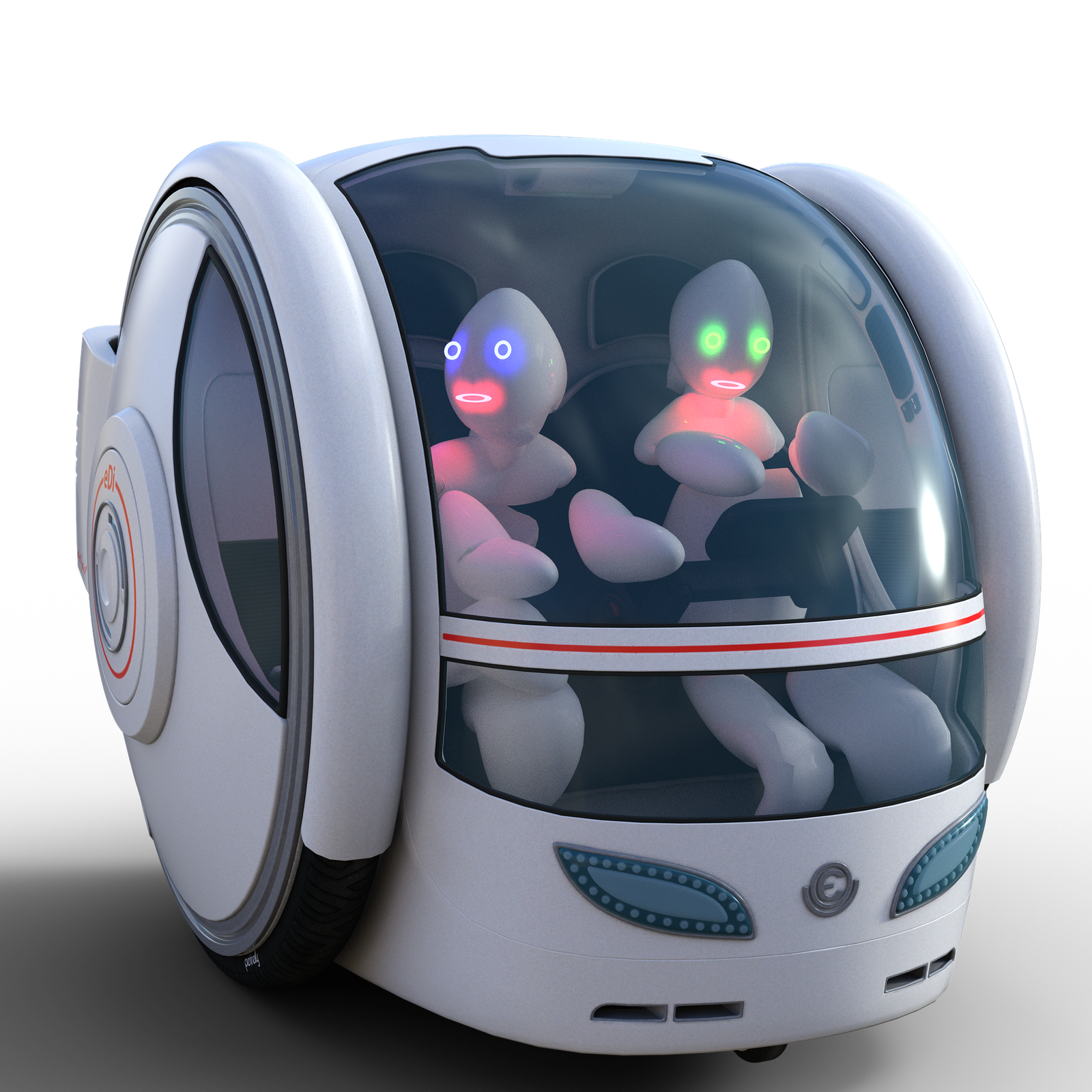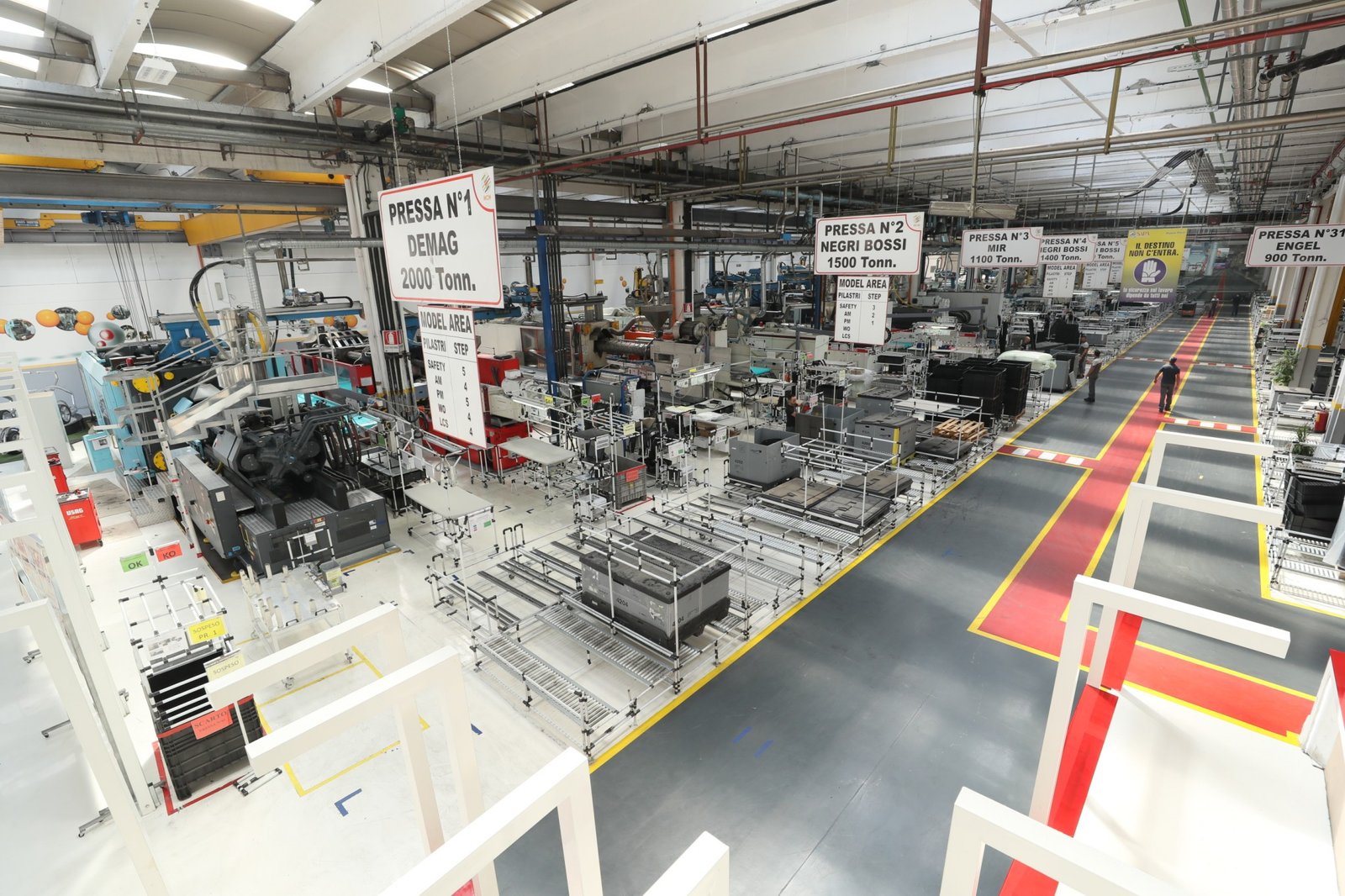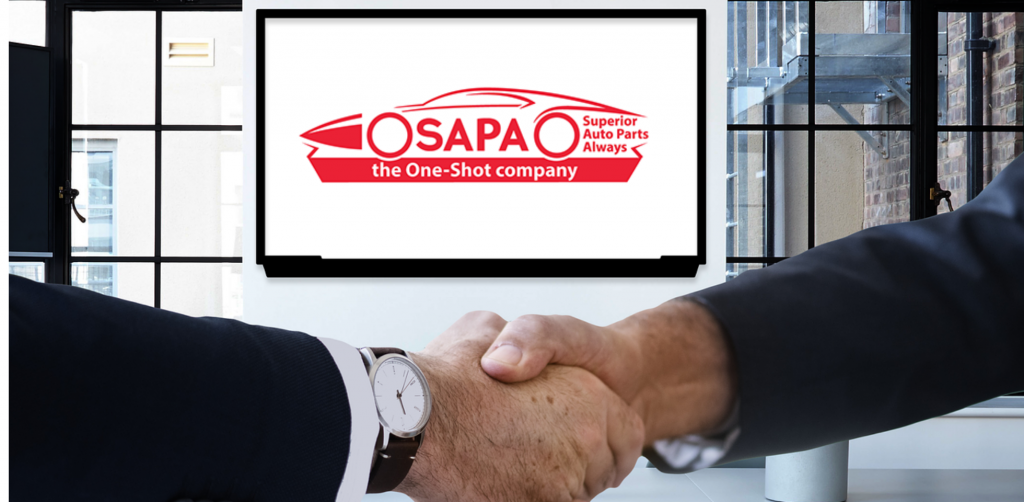Our blog
You don’t want to “end up like Nokia”? Choose your suppliers (carefully)
You don’t want to “end up like Nokia”? Choose your suppliers (carefully)
You don’t want to “end up like Nokia”? Choose your suppliers (carefully)
The Finnish corporation used to be a market leader, but it lost the smartphone challenge because it did not understand how the market was changing and did not act in a timely manner. The CEO of Volkswagen rings the alarm bell for the Group: “the era of classic car makers is over”. Here is why the choice of suppliers becomes decisive.
We all grow up following some human and professional role models, who – already at a young age, embodied a projection for us of what we’d like to be when we grow up.
For me, that model was in the first place my parents. I was lucky enough to grow up within the factory and to be with them every day so as to be inspired by them and make them my role models.
But there’s more to it.
You see, if you are Italian and you work within the automotive sector, you probably (to say the least) live with the Ferrari myth.
For this reason, I always enjoy watching the film on its founder Enzo Ferrari.
It tells the story of the legendary “Maranello reds”, whose roots are set deep in the time when my parents’ business was also growing.
It gives a picture of Italy back then and of a generation that, having few means and having come out of a war and the post-war period, had to roll up their sleeves.
That generation did so, and it laid the foundations for the industrial and entrepreneurial success that still to this day makes Italy special to the eyes of the world.
“Ok, Giovanni, but what does all this have to do with today’s car makers?”
Let me tell you about one scene of the film.
Enzo Ferrari is chatting with his son under a porch at the seaside. On the background we see a motorboat and a big ship.
These are the words that Enzo says to his son Piero:
“Can you see that motorboat? It is fast, elegant and aggressive. But it will never be as powerful as that boat over there. We are the motorboat, but if we want to continue to exist, we must become more like that boat. Big and powerful.”
In short, this was where the industrial system of the mid-1960s was at.
The courageous captains that had gotten to work and had built businesses from scratch all of a sudden were at a crossroads.
If they had the technical and financial capabilities, they put together a growth plan to increase their market share in order to reinforce their position and gain more stability.
Or, if you were a company that produced high quality products, you somehow had to evaluate the idea of conglomerating with a more structured company so as to gain in stability.
It seems ages ago, doesn’t it?
Yet at that time all this made sense. It was the right strategy.
But today the world and the market are totally different.
“WE ARE TOO SLOW; WE NEED TO CHANGE”
Let’s get to our days.
If I asked you to name one of the major automotive conglomerates, you’d probably say “Volkswagen!”.
Audi, Ducati, Lamborghini, Skoda, Seat, Bentley, Bugatti, Man, Scania, Porsche, Volskwagen auto, and maybe I forgot some.
Would you like to know who uttered the words in red quoted above?
The current CEO of Volkswagen Group.
“Volkswagen risks ending up like Nokia, the giant that used to dominate the cell phone market and then lost the challenge of switching to smartphones. The big question is: Are we fast enough? If we continue at our current speed, it is going to be very tough.”
These are the words – reported by Reuters, by Mr. Herbert Diess in a meeting with Volkswagen top management.
You see, there are moments in the history of people and of companies that are critical.
By “critical moment” I mean a time, which is typically “shorter than usual”, when a decision will have a “violent” impact on the years to come.
And this, whether the decision is right or wrong…
This is more or less what happened to Nokia, which used to be the unquestioned market leader for cell phones.
You may remember the times of Nokia 3310. Everybody had one, from the manager to the worker, from the politician to garbage collectors.
Then, all of a sudden, the smartphone tornado hit, and crisis followed.
Nokia had not been able to see this change in time and to remain competitive on the market.
This is the not-so-subtle hint by the CEO of VW.
The automotive sector is at the threshold of the future. The choices we make today will define the history of the next years – for good or bad.
Imagine you are at the steering wheel.
Imagine that at some point you realise you’re about to hit against a wall.
You’ve got but one choice, i.e. to change course suddenly.
Will this course correction that you suddenly have to implement be faster if you are driving a super sports car or if you are driving an articulated lorry?
It’s obvious, with a sports car you can react much faster.
The car is lighter and more agile.
I’m sure you’ve noticed that the automotive sector is going through a period of obligatory and repeated change of direction.
Therefore, car makers are trying to become leaner and to have leaner production lines that reduce costs and CO2 emissions.
Transition towards electric cars, lower emissions and research into new business models.
This is what lies ahead of the automotive sector now.
And clearly, the leaner you are, the easier it will be to achieve a radical change such as this one. By leaner I mean both in terms of business structure and in terms of production process.
WHAT IS A PERSON REALLY BUYING WHEN THEY BUY A CAR TODAY?
In the past, the world in general was slower.
In the past, people bought cars.
Today people want a “mobility solution” – in the words by Herbert Diess.
In other words, it’s as if the purchase did not depend on the “type of vehicle” anymore, but on the kind of experience that the vehicle can offer.
To respond to this radical change, car makers must change from within, even before they change their products.
To do this as efficiently as possible, the enormous giants that the main automotive industrial groups have turned into must become leaner.
This is the alarm bell that the CEO of Volkswagen himself rang.
And suppliers are fundamental in the pursuit of this objective.
Our job substantially consists of solving their problems. Your problems.
To do so, one thing is indispensable: knowing them well.
I mean the engineers and the problems they face.
In this way we became Process Specialists.
You see, making this industrial choice means focussing your skills and experience and centring them around the product.
It means improving your product knowledge, it means giving it your all and become the point of reference that stands out in a given market niche.
And in this way, by correcting course and taking care of our resources, we became what we are today: Process Specialists that developed an open and honest dialogue with customers and that are able to offer what the market needs.
In short, it is time to change our convictions. To start acting in this “new world”.
Change is scary, I know.
It is a challenge, possibly the biggest challenge our market has ever faced.
It is a challenge that requires us to be aware that what worked up until now, will soon no longer work.
We are both part of this sector. We both read the statements made by the biggest car makers regarding personnel cuts and profit reduction.
Why? Investments worth billions of Euro are needed for us to be ready for the revolution.
No, this is not a small market segment in the premium range that decides to go down this path.
Not at all.
Big industrial groups that can potentially impact the balance of the world car production are going down this path.
The point is that one does not become leaner only by dropping some industrial assets.
Volkswagen would not reduce its time to market by selling one of its brands. If anything, by doing so it would become “lighter” from a financial perspective.
To be faster in responding to the market demands, we need to intervene on the car production process.
WHY ONE-SHOT® MAKES PRODUCTION LEANER
How can we pursue this revolution?
Look, don’t just take my word for it, please read what Volkswagen’s CEO said.
“The era of classic car manufacturers is over. Volkswagen needs to get a grip on software and electronics as well as producing a raft of electric vehicles and batteries so it can comply with stringent anti-pollution rules. In 2020 the group will seek to maintain profit margins while slashing costs and hiking productivity.”
To sum up, the future of the automotive sector is made of:
- Reduced production costs
- Reduced pollution
- Increased productivity
For these reasons, important car makers decided to entrust us with a part of their production process.
Exactly because these are the objectives that SAPA guarantees you’ll reach.
What is more, without you having to invest anything (we have already done so) and without you clogging up your production line.
We offer a complete package that frees you up from factory operations and speeds up the production of your cars.
I know the problems that are holding you back every day and I’m here to offer solutions.
One in particular, the result of years of research, testing and failures. Until we succeeded.
We’ve encapsulated all the steps of traditional method in one all-in-one Method.
We’ve eliminated unnecessary production steps – and reduced them to just one shot – thus automating the process and eliminating waste and manpower.
I can already tell you about the results that some important car makers like you have already obtained and that you can also obtain thanks to the One-Shot® Method.
- Infinite productivity
- Production cycle up to 900% faster
- More lightweight and recyclable parts in line with Horizon 2020
- Reduced CO2 emissions
- SAVINGS ON YOUR BUDGET
One-Shot® is the method that meets the most urgent needs of the automotive market, it has already been adopted with success by the engineers of Volkswagen, Jeep, FCA and other important car makers
If you would like to reach your budget, cycle time, lightweighting and recyclability objectives that were given to you easily, fill in the form at the bottom of the page.
Kind regards,
Giovanni Affinita
General Manager and Member of SAPA’s Board of Directors
OBTAIN COST REDUCTION AND INFINITE PRODUCTIVITY NOW: LET’S EVALUATE TOGETHER THE APPLICATION OF THE ONE-SHOT® METHOD TO THE PROJECT YOU ARE WORKING ON.
FILL IN THE FORM BELOW. WE’LL GET BACK TO YOU WITHIN 24 HOURS
Want to learn more about our one-shot® method and find out how you too can get lighter components and lower emissions?
Let's evaluate together the application of the one-shot® method to the project you are working on. fill out the form below, you will be contacted within 24 hours!





